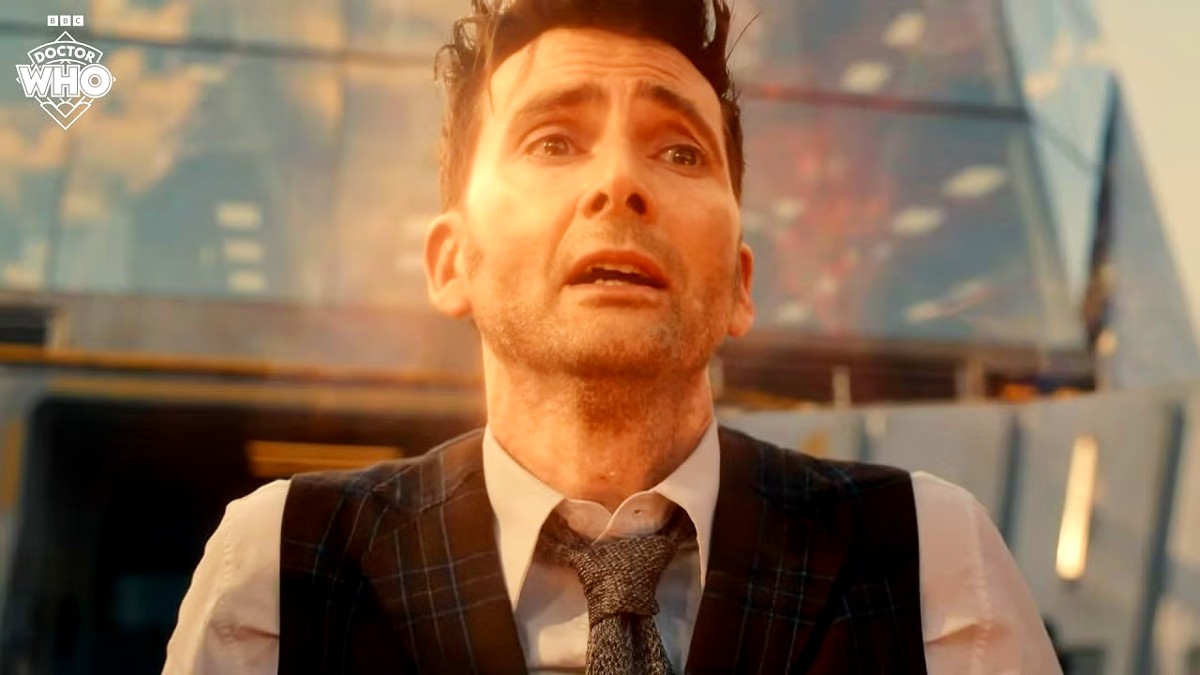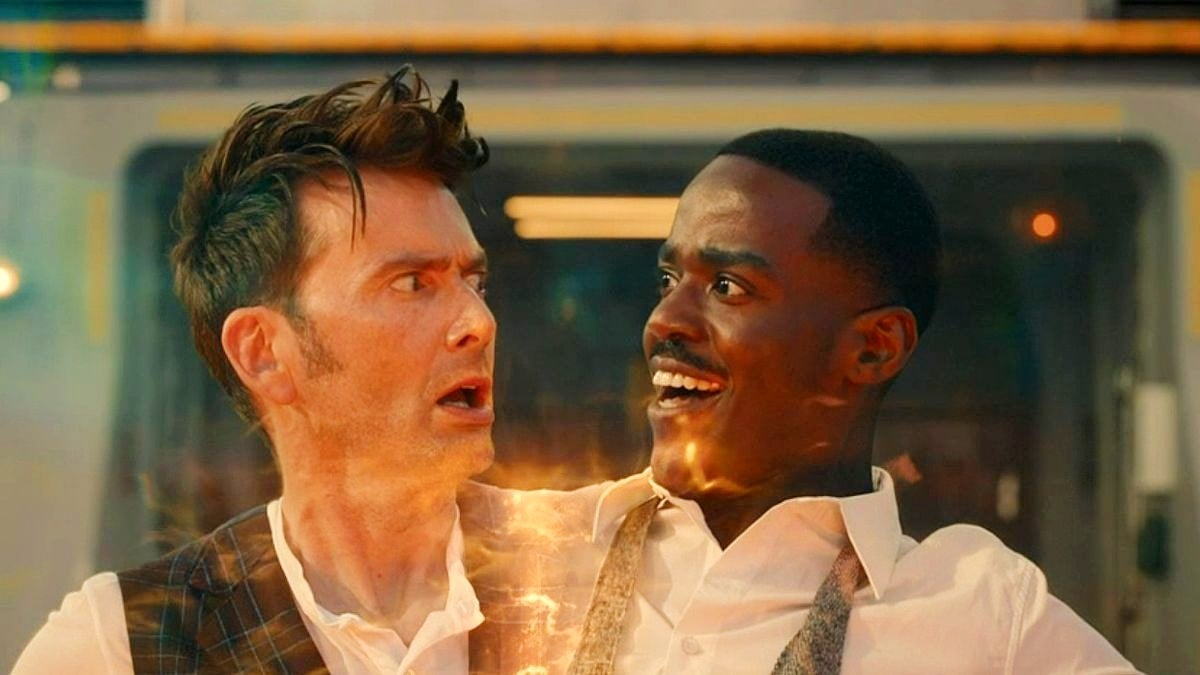Fans Are Divided Over ‘Doctor Who’ Breaking Its Regeneration Tradition

Doctor Who’s anniversary specials just concluded, and fans have thoughts on one surprise twist. For the first time in its 60-year history, the show has changed its regeneration tradition.
Spoilers ahead for Doctor Who’s 60th anniversary special “The Giggle.”
Ever since the first Doctor (William Hartnell) regenerated in 1966, the regeneration process has been fairly straightforward. Essentially, if the Doctor grows too old or is fatally wounded, they change into a new body with a unique personality. Doctor Who already threw fans a curveball last year in “The Power of the Doctor” when the Thirteenth Doctor (Jodi Whittaker) regenerated into David Tennant, who previously played the Tenth Doctor.
For the first time, the Doctor regenerated back to a past face. However, many suspected that this was just a fluke—a regeneration malfunction that would be quickly solved in the anniversary specials when Ncuti Gatwa took over as the Doctor.
Russell T. Davies had other plans, though. In “The Giggle,” the Fourteenth Doctor is killed by the Toymaker (Neil Patrick Harris) and begins to regenerate. At first, he seems to have regenerated into himself again. After indicating that something feels different, Donna Noble (Catherine Tate) and Melanie Bush (Bonnie Langford) literally pull him apart into two people—Tennant’s Fourteenth Doctor and Gatwa’s Fifteenth Doctor. That’s right, the Doctor bi-generated, resulting in there now being two Doctors and two TARDISes in the Doctor Who universe. Davies made a bold move in breaking a nearly 60-year tradition, and it has sparked some intense reactions from fans.
Is Doctor Who’s bi-generation a good thing or a bad thing?

It’s hard to say whether this bi-generation concept will be good or bad for Doctor Who, especially when we’re not certain what it means yet. We assume Gatwa’s Doctor will be the show’s main focus going forward. However, it’s hard to say what Tennant’s presence means. Is he just going to stay with Donna and her family, or will he always be floating around the Doctor Who universe, ready to reappear at any moment? Also, is bi-generation something we can expect going forward? Will every Doctor now have the potential to live forever by splitting in two every now and then?
These unanswered questions are causing the most concern among viewers. An article by The Independent made an interesting point about how this bi-generation could negatively impact the show by taking away from Gatwa’s run. Even if he is the “main” Doctor, he will be the first to have a twin Doctor running around. How invested will fans really be in his run if they’re always just waiting for Tennant to show up again? Gatwa is making history as the first Black, gay Doctor, and it certainly is concerning that he may have to share the spotlight with Tennant.
Other fans, though, believe viewers will forget about the whole bi-generation thing once Gatwa’s era officially begins. One user expressed that the interest in Tennant might be a good thing because it will retain viewers excited about his return.
There’s also concern that the show, in general, won’t be the same with bi-generation in the picture. While regeneration was initially a plot device to keep the show going with new actors, it has become a massive part of the Doctor’s identity. Some fans suggest that this is an even more major retcon than Chris Chibnall’s “The Timeless Child,” which caused outrage among the fandom. Is the Doctor really the same when he’s virtually immortal instead of knowing he’ll face a form of death during regeneration?
Davies also dropped a bigger bombshell on fans when he indicated that the bi-generation impacted all the Doctors, and now they’re all continuing to exist in splinter timelines. If all the Doctors now get to exist forever and live out happy lives while the main Doctor does all the world-saving, it considerably lowers the high stakes and emotion of the show.
However, there are also fans who like the idea of bi-generation. After all, it gave the Doctor a happy ending for the first time in 60 years, and it can’t be denied that it was great fun to see the Doctors together. Perhaps a franchise does need a bit of a shakeup every 60 years or so.
Ultimately, the mixed reactions are to be expected because bi-generation changes the foundation of Doctor Who significantly. As long as the show is careful to give Gatwa the spotlight, the bi-generation shouldn’t be a negative thing to the franchise. There’s a possibility this is just Davies’ way of introducing a “Doctorverse” to make more Doctor Who series and spinoffs with past Doctors while keeping them out of the new Doctor’s path. Bi-generation does have a few drawbacks, but it also opens up a plethora of exciting possibilities for the franchise.
(featured image: BBC)
Have a tip we should know? [email protected]